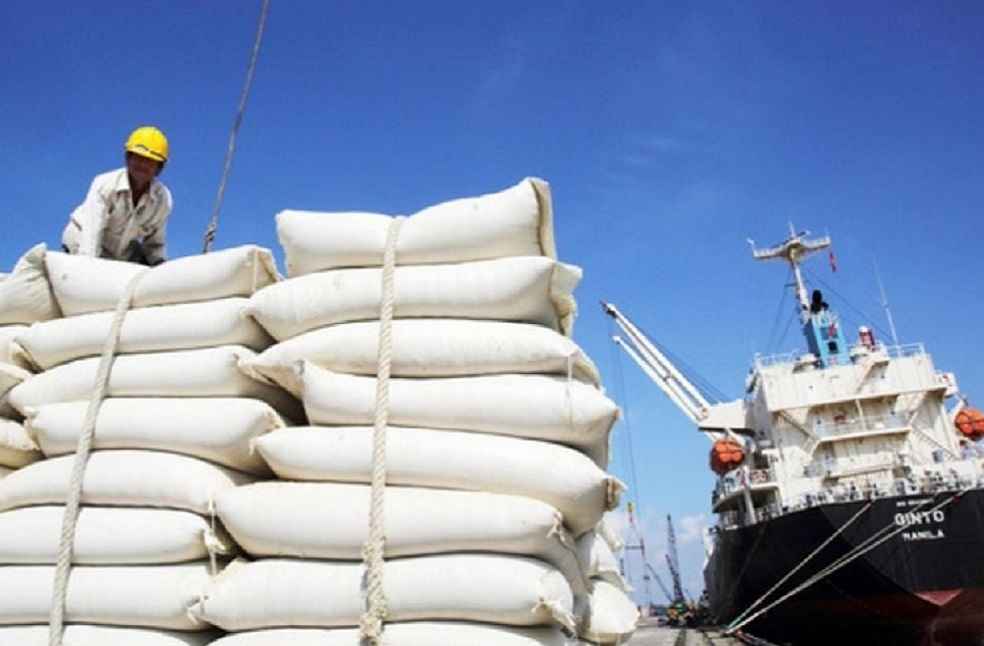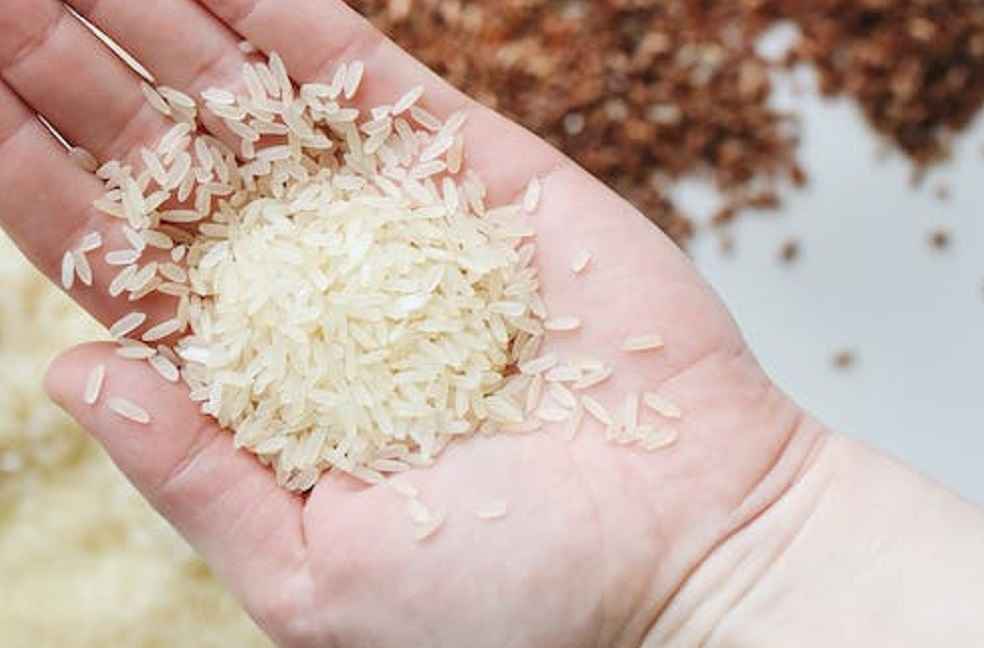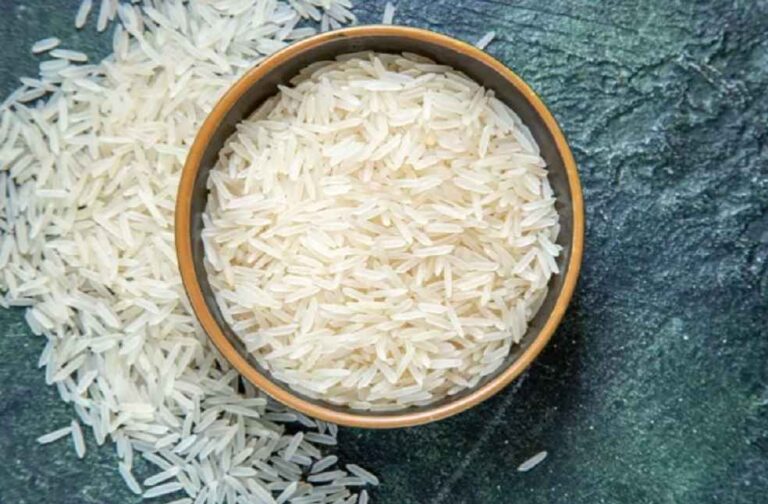Sri Lanka’s Food Policy and Security Committee has advised rice imports to maintain a steady supply for consumers after a potential shortage caused by unfavorable weather during the last cultivation season.
The President’s Media Division (PMD) reported a considerable increase in rice prices alongside shortages of specific rice varieties during the ongoing harvest season.
Discussions were held to urge the Cabinet to maintain adequate stock levels through rice imports. The committee, led by Minister of Agriculture, Livestock, Lands, and Irrigation K.D. Lalkantha, alongside Minister of Trade, Commerce, Food Security, and Cooperative Development Vasantha Samarasinghe, held its fifth meeting at the Presidential Secretariat on Tuesday. The meeting focused on devising policy measures to safeguard food security.

Excessive rainfall earlier this year caused crop damage twice, severely reducing the expected harvest.
During the meeting, the misuse of rice as animal feed was identified as a major contributor to the shortage. The committee emphasized importing broken rice for animal feed and exploring alternative feed options to mitigate the impact on livestock production.
The Food Policy and Security Committee has approved the establishment of a team headed by the Director General of Agriculture to ensure the importation of the necessary amount of broken rice through appropriate channels.

In 2024, Sri Lanka experienced a severe rice shortage as heavy rains wiped out over 20% of the country’s paddy fields, affecting major farming regions like Ampara and Anuradhapura. The disaster raised fears about rice supply and soaring prices, fueling public discontent, particularly after President Dissanayake promised to lower rice costs.
President Dissanayake collaborated with small and medium-scale rice mill owners to secure a steady and affordable rice supply.
The talks focused on improving storage infrastructure to prevent future shortages and suggested implementing a QR code system for fertilizer subsidies to strengthen local agricultural production.
ENERGY INDUSTRY | Argentina Facilitates Gas Exports to Brazil Through Bolivia



